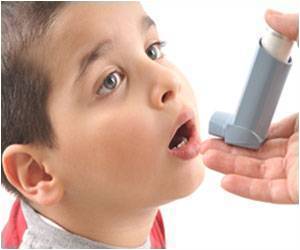Global climate change magnifies the effects of pollution and will worsen the incidence of asthma, allergies, infections and cardiovascular diseases worldwide, says a study.

"These include more smoke and particulate matter from more wildfires, which are known to increase in frequency as the climate warms, and the presence of airborne particles from dust storms caused by desertification," added Pinkerton.
The study outlines a complex web of interrelated respiratory health effects from global climate change, the journal Proceedings of the American Thoracic Society reports.
For example, mould spores that were previously seen only in Central America have been found as far north as Vancouver, British Columbia, promoting increases in allergy and asthma, with climate-change conditions implicated, according to a California statement.
"There are certain vector-borne diseases caused by certain types of parasites or organisms whose range has expanded and that has been associated with increases in temperature," Pinkerton, who co-authored the study with William Rom, professor of environmental medicine at the New York University, said.
Pinkerton said some prospective respiratory health impacts from global climate change will be direct, such as more asthma due to increases in particulate matter in the atmosphere because of desertification, or increases in pollen because of more and extended plant blooms.
"In particular, we know that infants and young children, people with asthma or chronic obstructive pulmonary disease (COPD), and those who are elderly or who have compromised immune systems will have more difficulties when air quality is poorer," Pinkerton added.
 MEDINDIA
MEDINDIA




 Email
Email





